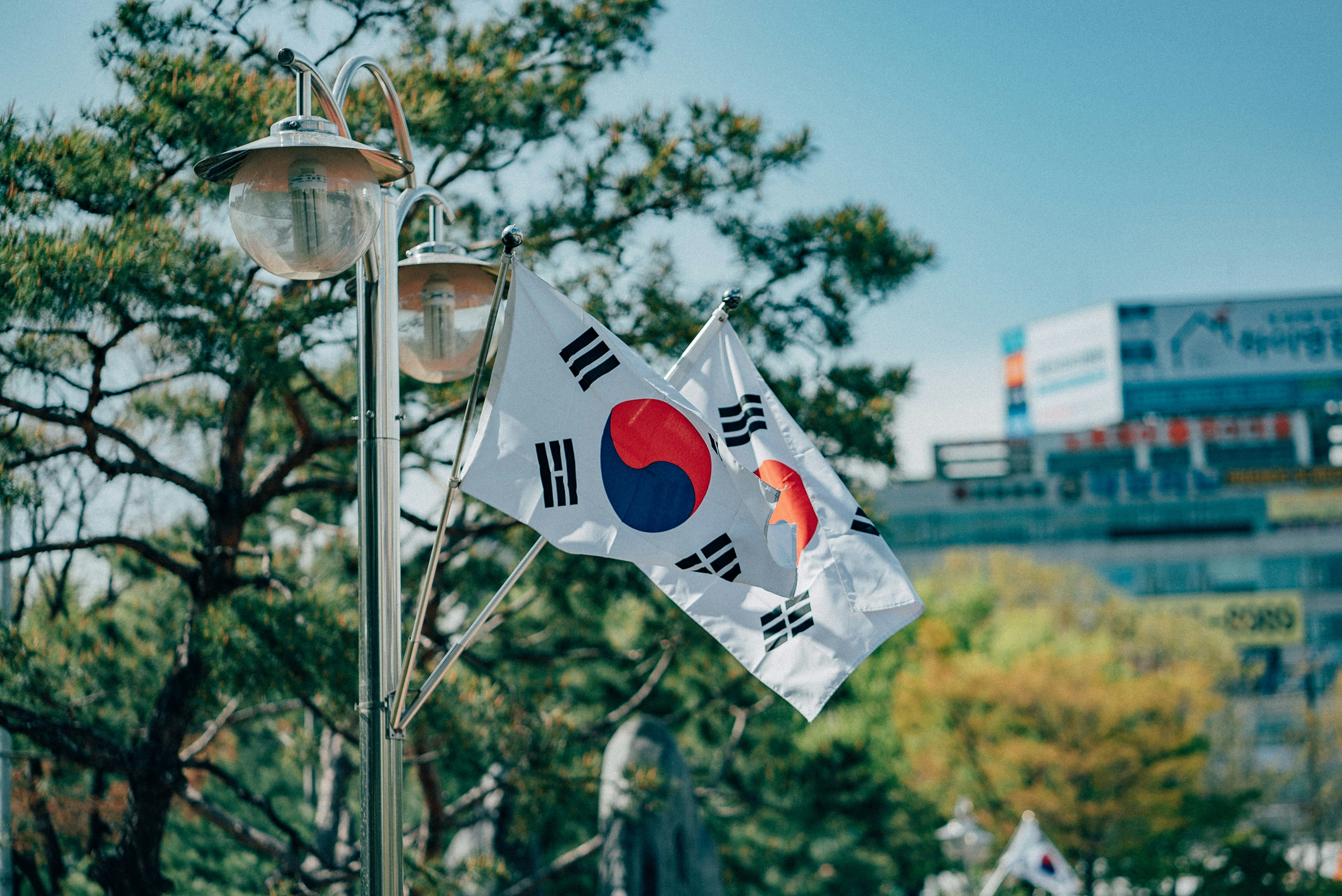South Korea's Political Crisis: What Yoon's Arrest Means For Democracy

The dramatic arrest of President Yoon following a failed martial law bid and impeachment has sent shockwaves through South Korea. This political crisis has revealed both vulnerabilities and strengths in the country’s democratic system. Yoon’s downfall, marked by a predawn raid on his compound, highlights a turning point in South Korea’s democracy, raising questions about governance, accountability, and public trust.
Background: The Road to Crisis
Yoon’s Presidency and Controversies
President Yoon’s tenure was fraught with controversies, from allegations of corruption to unpopular policies that alienated large segments of the population. While initially heralded as a reformist leader, Yoon’s administration faced growing criticism for its authoritarian tendencies and failure to address economic disparities.
Impeachment and Martial Law Bid
The National Assembly’s impeachment of Yoon marked a decisive moment in his presidency. Accused of undermining democratic norms, Yoon’s proposal to impose martial law in response to mass protests was widely condemned. This move, seen as an attempt to consolidate power, ultimately failed and intensified calls for his removal.
The Stand-off and Arrest
Following his impeachment, Yoon’s refusal to step down led to a tense stand-off with law enforcement. The situation culminated in a predawn raid on his compound, a dramatic scene that captured the nation’s attention. The arrest symbolized the end of his political career and the beginning of a reckoning for South Korea’s democracy.
Implications for South Korea’s Democracy
The Fragility of Democratic Institutions
Yoon’s actions exposed vulnerabilities in South Korea’s democratic framework. The crisis highlighted how political polarization and weak institutional safeguards can enable overreach by those in power. It also underscored the importance of vigilance in protecting democratic norms.
The Strength of Checks and Balances
Despite the challenges, South Korea’s system of checks and balances proved resilient. The impeachment process, backed by judicial and legislative oversight, demonstrated the country’s commitment to upholding accountability. Law enforcement’s role in executing the arrest further reinforced the rule of law.
Public Trust and Social Cohesion
The crisis has eroded public trust in government institutions, exacerbating societal divisions. Widespread protests and conflicting narratives have deepened polarization, making it essential for leaders to address these fractures to restore faith in democratic governance.
Regional and International Perspectives
Reactions from Neighboring Countries
The political turmoil in South Korea has drawn varied responses from neighboring nations. China and North Korea have used the crisis to question the stability of democratic governance, while Japan and Western allies have expressed hope that South Korea will emerge stronger from this challenge.
Lessons for Other Democracies
The crisis offers valuable lessons for democracies worldwide. It underscores the need for robust institutional safeguards against authoritarian tendencies and the importance of fostering a politically engaged and informed citizenry.
Moving Forward: Rebuilding Trust and Stability
Institutional Reforms
To prevent similar crises, South Korea must implement reforms aimed at strengthening oversight and accountability. Enhancing transparency in government decision-making and bolstering the independence of key institutions will be crucial.
Political Reconciliation
Healing divisions within South Korea requires dialogue and cooperation across political factions. Leaders must prioritize unity and inclusivity to address the root causes of polarization and public discontent.
A Renewed Commitment to Democratic Values
The crisis serves as a reminder of the need to uphold democratic principles. By emphasizing transparency, accountability, and citizen participation, South Korea can rebuild trust and chart a path toward a more stable and resilient democracy.
Conclusion
President Yoon’s arrest marks a significant moment in South Korea’s democratic journey. While the crisis has exposed vulnerabilities, it has also demonstrated the resilience of the country’s institutions. Moving forward, South Korea has an opportunity to strengthen its democracy by addressing systemic issues, fostering unity, and reaffirming its commitment to democratic values. In doing so, it can emerge from this challenge stronger and more united.
Author: Ricardo Goulart
The Self-Destructive Nature Of Anti-Tourism Protests: Balancing Resident Concerns With Tourism Benefits
In recent years, anti-tourism protests have become increasingly common across popular tourist destinations. From the Bal... Read more
Military And Strategic Implications Of The Ukrainian Drone Attack In Kursk
On a recent morning, the Kursk region in south-western Russia witnessed an unexpected and significant event: a Ukrainian... Read more
Chinese Tech Stocks Gain Ground Despite Wall Street Technology Sell-Off
Chinese tech shares in Hong Kong gained on Friday, defying a technology stock sell-off on Wall Street, driven by strong ... Read more
Defense Pact Between Britain And Germany: A Focus On Cybersecurity And Joint Operations
In a move set to redefine European defense collaboration, Britain and Germany have signed a comprehensive defense pact a... Read more
US Secret Service Director Steps Down After Trump Assassination Attempt
Security lapses admitted by Kimberly Cheatle prompt resignation.Kimberly Cheatle, the head of the US Secret Service, has... Read more
Kamala Harris Promises A Brighter Future In Official Campaign Launch
In a vibrant and impassioned campaign launch, Vice President Kamala Harris vowed to lead America toward a "brighter futu... Read more

